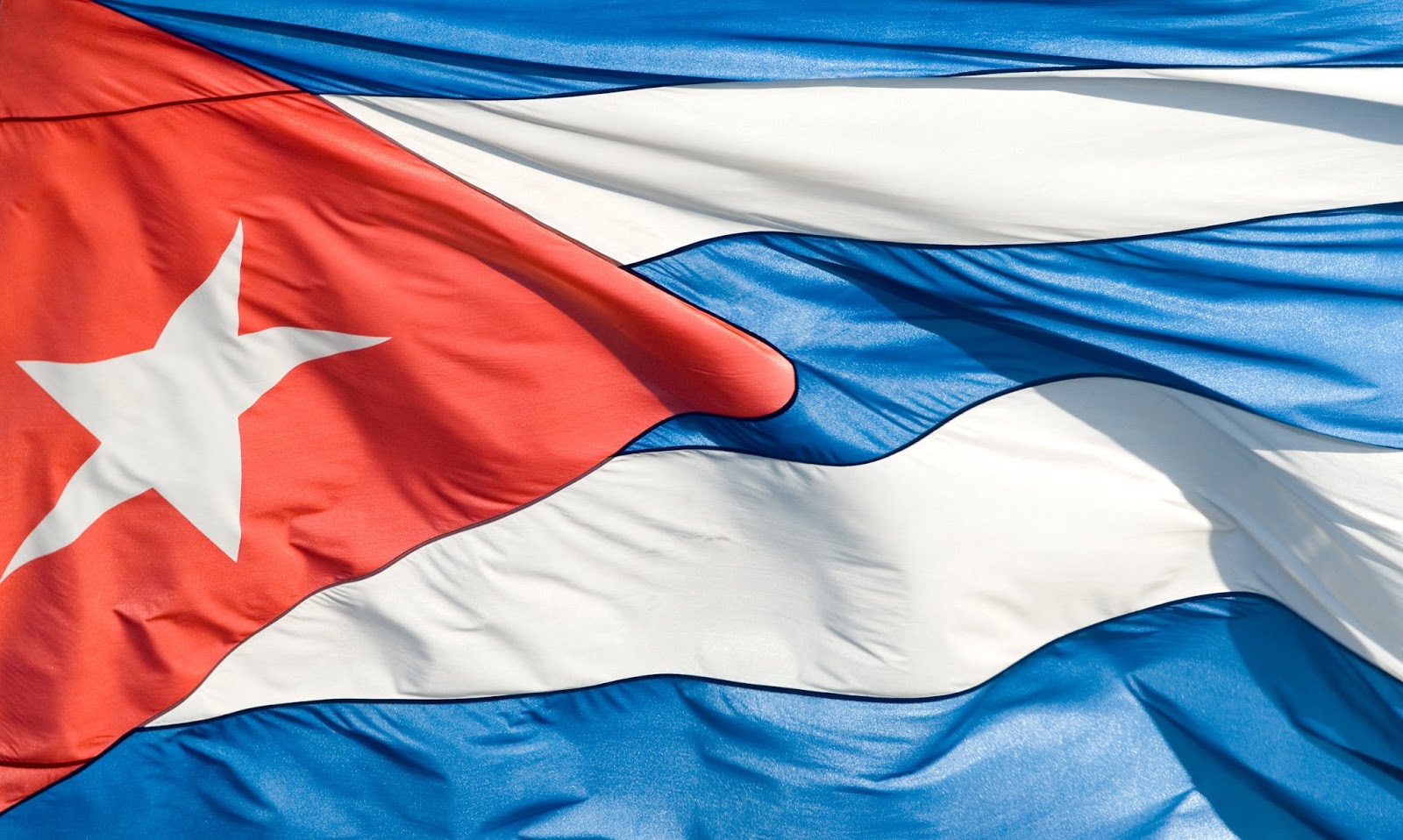A Cuban migrant detained in the Cayman Islands since December 2016 was granted asylum earlier this month by the Immigration Appeals Tribunal, concluding a long legal battle in Cayman’s legal system. The man had arrived on Cayman Brac on December 6, 2016 with a group by boat after suffering engine problems. After hiding on that island for more than a week, the migrant took a plane to Grand Cayman, where he turned himself in to immigration authorities following a short period on the streets.
Legality of Detention
The political refugee made headlines in July 2017 after he escaped the detention centre, where he had been held while his asylum case was processed. He was caught and subsequently sentenced to three months in Northward Prison for the incident. His case has shone a light on the legality of refugees’ treatment on the islands as well as the lengthy detention periods that exist in the Cayman Islands for asylum seekers some of which are currently as long as two years.
Asylum applicants in the Cayman Islands are held in a facility managed by Her Majesty’s Prison Service. While cases trickle through Cayman’s system of boards and courts, applicants are held under lock and key and are not permitted to leave the detention centre without staff supervision. It has been suggested that this practice is at variance with international law as the United Nations High Commissioner for Refugees’ guidelines provide that detention should be the exception rather than a default.
Further, the excessive timeframes can have serious detrimental effects on applicants. Two women, a mother and a daughter detained in the Cayman Islands for longer than a year, elected to return to Cuba because they could not afford to pay a lawyer and appeal their cases as asylum seekers in the Cayman Islands are not granted access to legal aid. The Department of Immigration indicated in August 2017 that it was working to address this issue as well as other concerns regarding migrant management.




